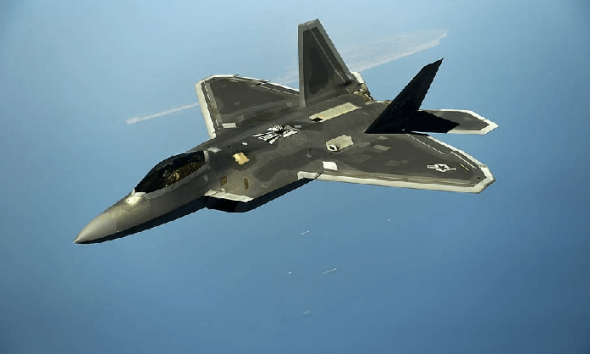Moreover, the radar is capable of guiding missiles towards stealthy fighter jets.“Meter wave radar can be deployed on vehicles, on land and warships, creating a dense web that gives hostile stealth aircraft nowhere to hide,” Chinese military experts told the Global Times, a tabloid under the auspices of the Chinese Communist Party.
It added that the modern stealth aircraft are designed to avoid detection by microwave radar, and are less stealthy to meter wave radar. Earlier, experts believed that meter wave radars could only send warnings about incoming threats because of their low resolution and accuracy.
However, Chinese military expert, Wu Jianqi, a senior scientist at the state-owned China Electronics Technology Group Corporation (CETC) who conducted researches and designed anti-stealth radar, with his team, has found a solution.
Dave Majumdar of National Interest explained the problem with High Frequency (HF) radar. According to him, while HF radar can detect and even track stealth aircraft to a degree, it is not anywhere near precise enough to guide a weapon. “The problem with HF-band radars is that they have a very long pulse width and a very low pulse repetition frequency [PRF].
That means HF are very poor at accurately determining range, altitude and precise direction. Indeed the radar resolution cells could be several miles wide.” He added that the radar can only cue other sensors to search the airspace or direct fighters toward a roughly defined search area.
“Wu solved the issue by designing the world’s first practical meter wave sparse array synthetic impulse and aperture radar,” according to Global Times. “Wu said that his radar has multiple transmitting and receiving antennas tens of meters high, scattered in a range of tens to hundreds of meters. They can continuously cover the sky as the radar receives echoes from all directions.”
According to Chinese military expert, Wei Dongxu, this will help the radar to hunt an aerial target, give the stealth fighter jets’ exact coordinates “by synthesizing parameters and data gathered by the radar under the support of advanced algorithms.”
“Since the radar can now see stealth aircraft clearly and track them continuously and accurately, it could become capable of guiding long-range anti-aircraft missiles and landing precision strikes on them,” Wei told the Chinese tabloid.
Meanwhile, China isn’t the first country to boast of the anti-stealth radar. In 2018, Russia revealed P-18-2 (an evolved version of Soviet-era P-18), surveillance and targeting radar, capable of detecting targets that use stealth technology.
P-18-2 radar is highly mobile and is able to receive additional (flight) information from airborne transponders using the integrated secondary radars. Rosoboronexport, the sole state intermediary agency for Russia’s exports/imports defense-related products, touted it as a Very High Frequency (VHF) radar with azimuth coverage upto 360 degrees.
It can be used for “detection, tracking, coordinates measurement (distance and azimuth), and state attribution of various flying objects in demanding active and passive jamming environment, active noise jammer direction finding,” it said.
Wu noted that while other countries are also developing such radars, he is confident that Chinese ones are “the best”. “As for now, I do not see a meter wave air defense radar from abroad that can match the criteria of the advanced meter wave radar [like the one China has],” he concluded.


























































































